Zoos and the changing animal-human relationship: BBC 4 film
This week I was filmed for a forthcoming BBC 4 film discussing the way in which zoos have changed over the last couple of centuries and what this tells us about the animal-human relationship.
As I discussed in Animal Rights the zoological gardens in London’s Regent’s Park were established to perform a moral and educative role. Placed in a fixed place rather than in the wild or in a travelling display animals could be observed at leisure. Gazing was the only human activity required: animals routinely hunted for sport or used as food now became unobtainable by their very siting, capable of being observed but not attacked by humans.
John Berger argued that public zoos came into existence at a period in which animals started to disappear from everyday life. This is not the case, for animals continued to play significant roles in the domestic life of city dwellers both as objects of affection and as the mainstay of the transportation system. (They were also seen in their thousands being driven through city streets on their way to markets and to slaughter.) What changed was that certain animals outside those in individual human ownership became objects of the gaze.
The filming took place in the hothouse gardens of the Avery Hill site of the University of Greenwich, a pleasant, if slightly odd ,location since it houses no animals (other than temporarily the human ones filming on location). The film is due to be shown some time in the summer.


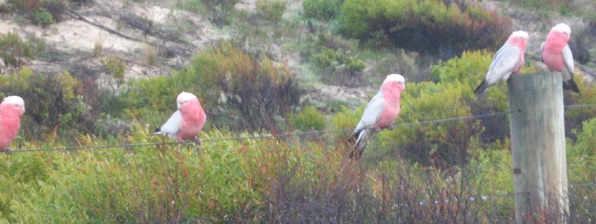




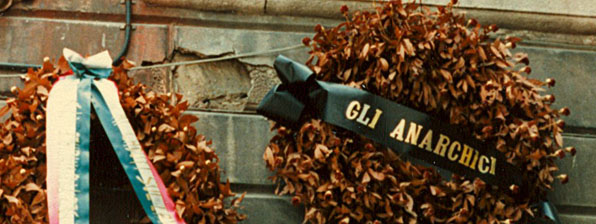
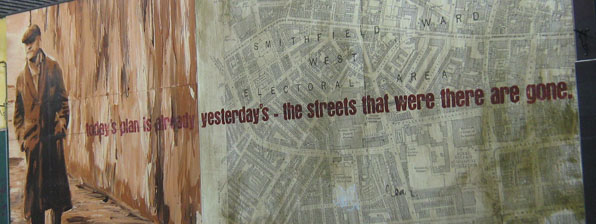



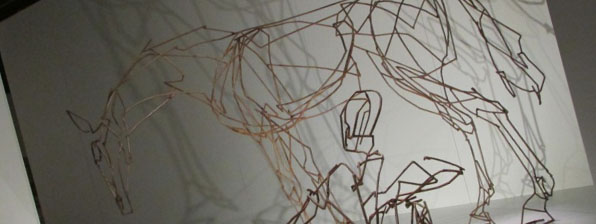


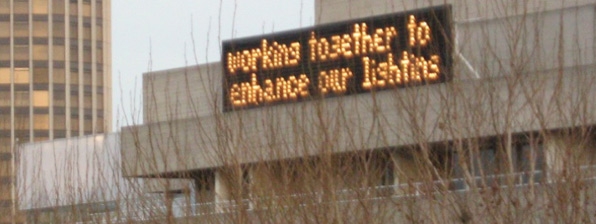

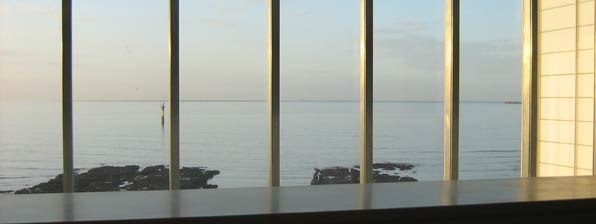
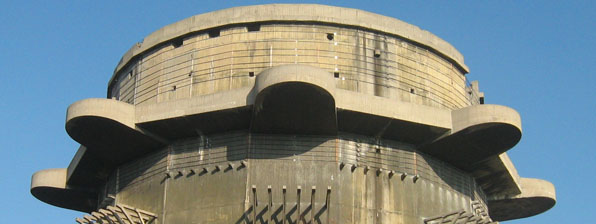
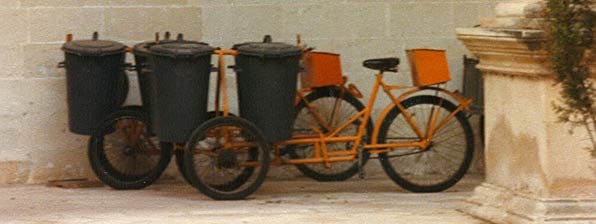

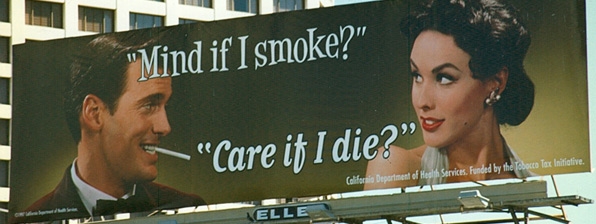


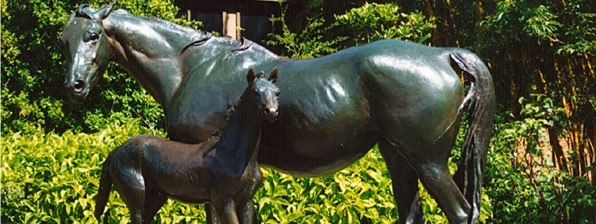

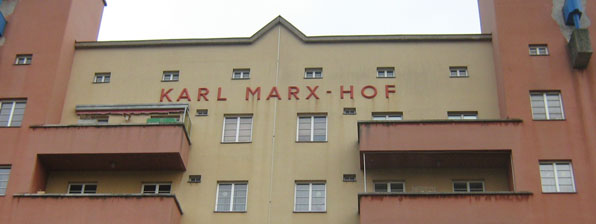
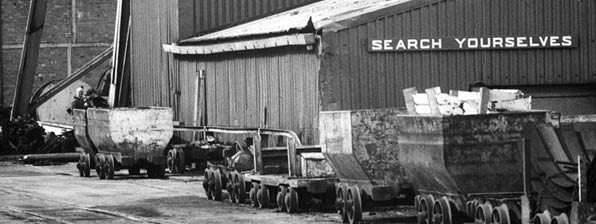



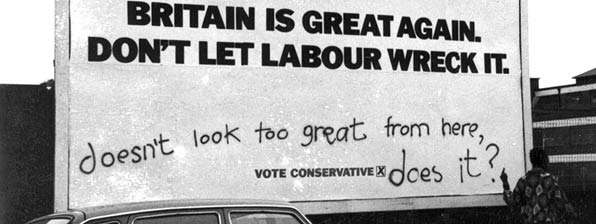

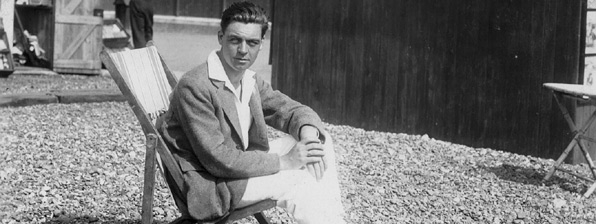



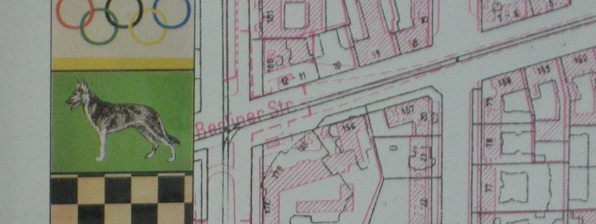
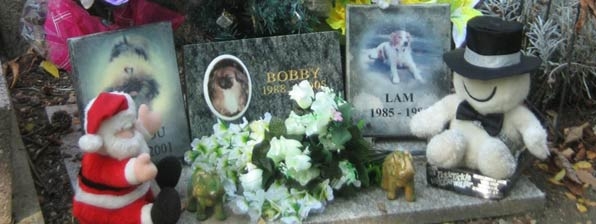


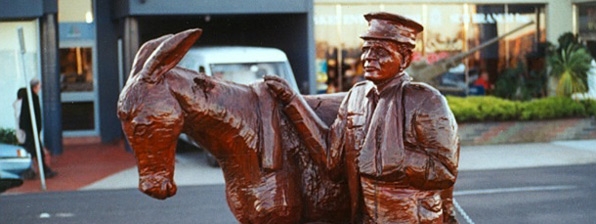




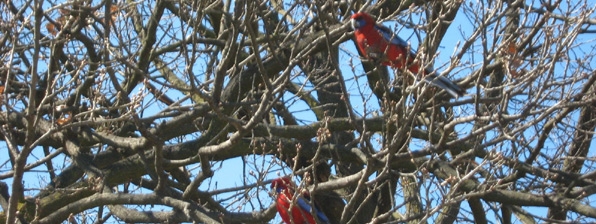

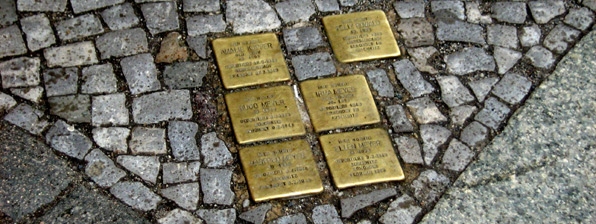
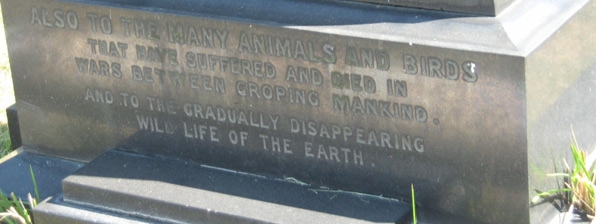




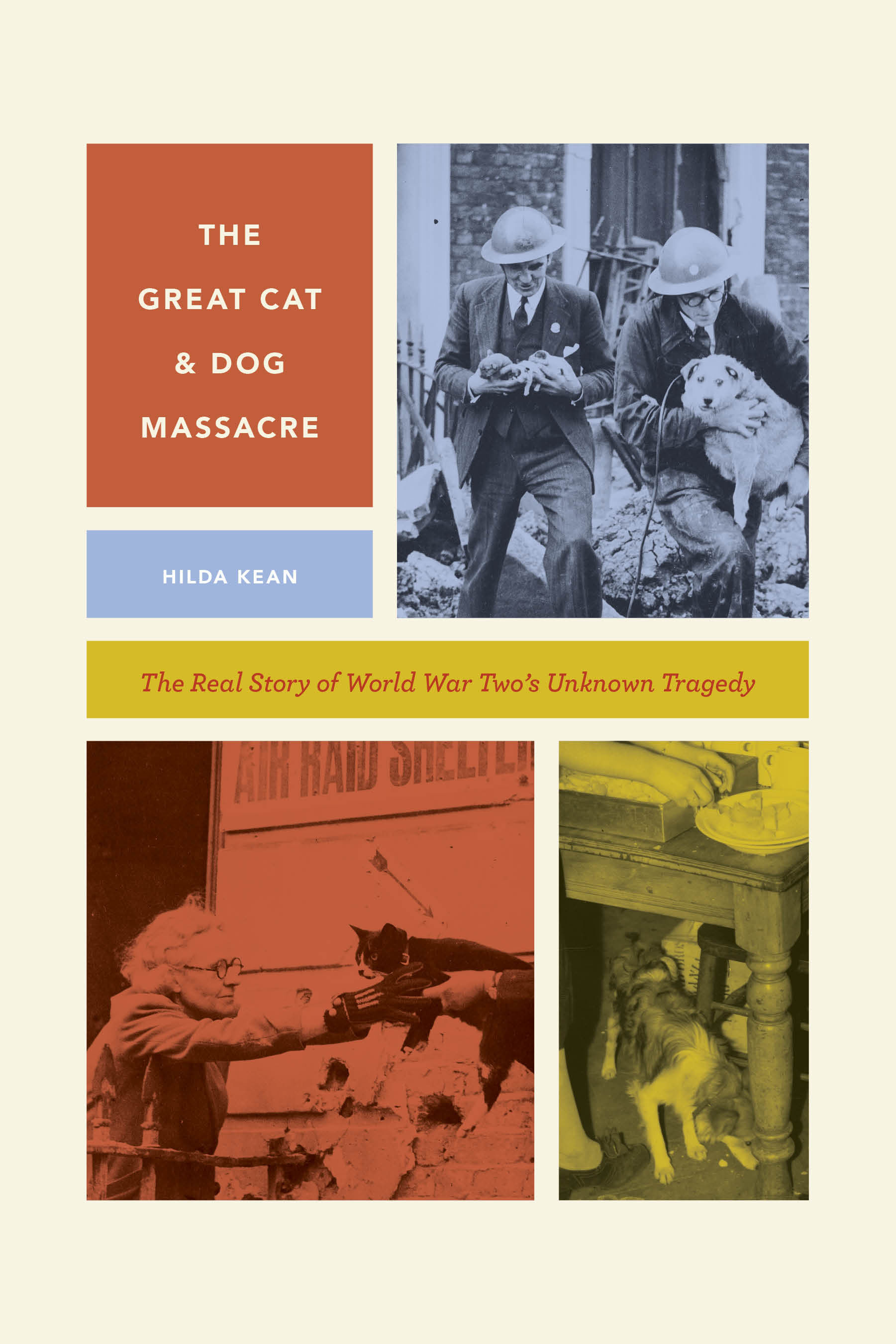
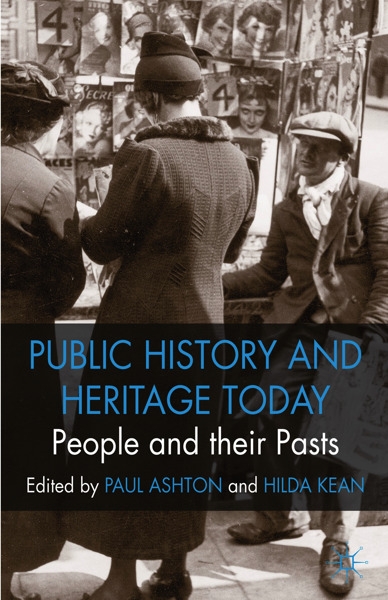

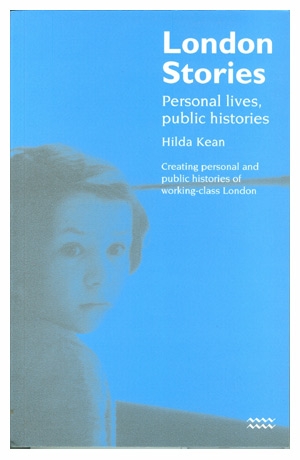

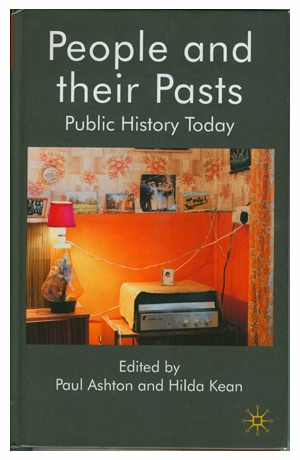
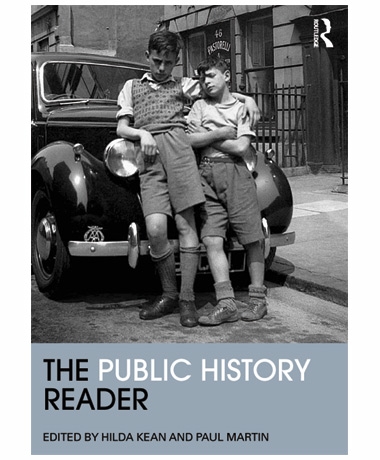




Look forward to seeing the programme.